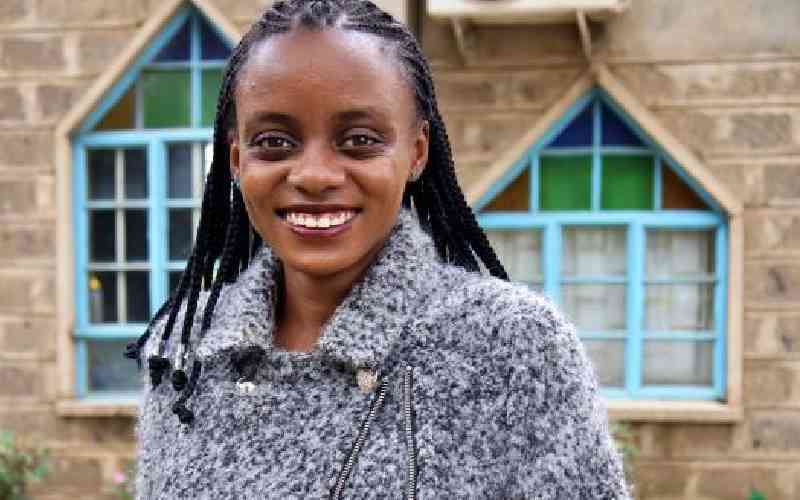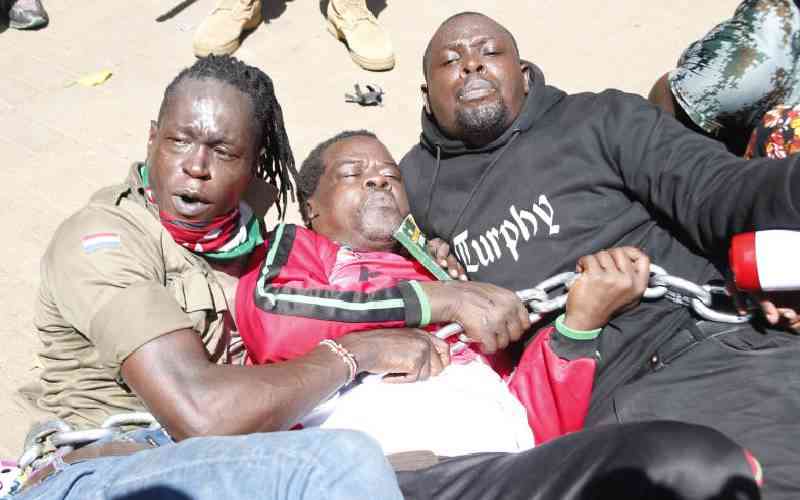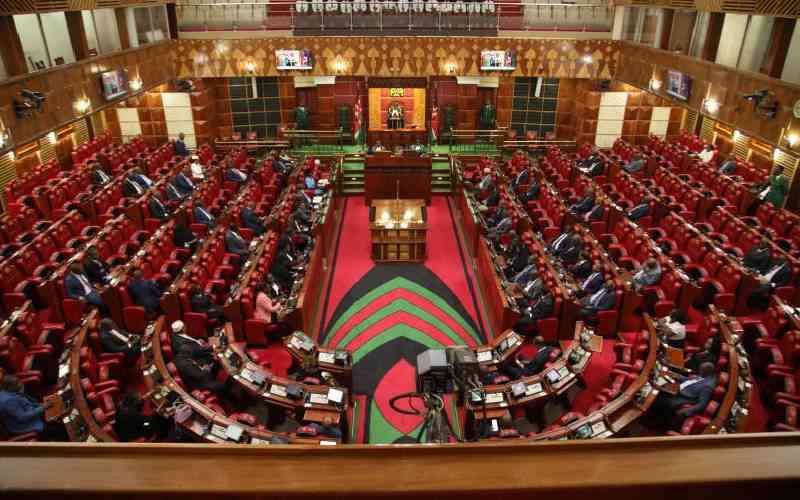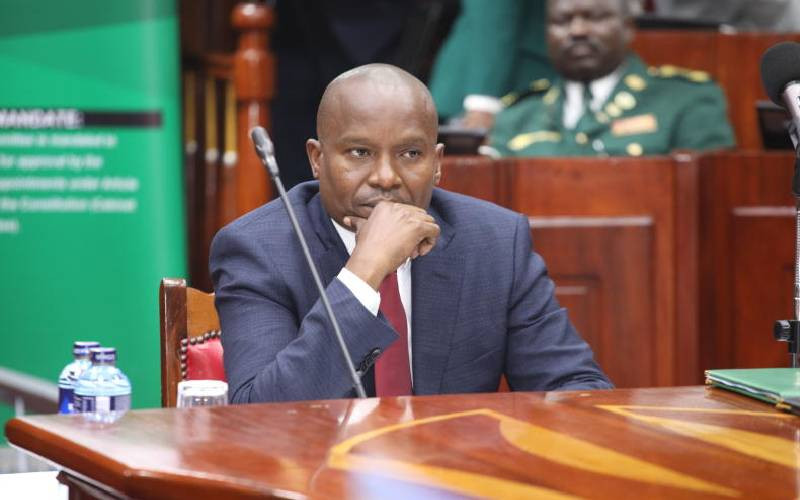
To have beliefs is one thing, but to use those beliefs to take away and limit the rights of others is unacceptable. Since when did we substitute research with beliefs when it comes to informing policy and programming decisions in the Ministry of Health?
In a recent video published by Nation, The Health Cabinet Secretary Susan Nakhumicha responded to the question on whether she would give condoms to teenagers by saying "I am Mama Kanisa (a church woman), therefore number one is abstinence; that we teach our youth, our adolescents to abstain, Where they cannot abstain, then of course, condoms have been said as one of the ways to use protection. But I believe with firm Christian foundations that our adolescents should be able to abstain," These comments are very dismissive of the current realities of teenagers in Kenya and should not be used to inform programming and policy decisions in the Ministry of Health. To many, these comments might just seem like words, but such declarations are more powerful than thought to be. It is such comments that end up shaping policy directions that cause more harm than good to the people they are meant to serve.
According to statistics from NACC, Kenya has the third highest teen pregnancy rate in the world. The Council further lists poverty, lack of sexual reproductive health education, and sexual abuse as the key drivers of the high rates of teenage pregnancies. Further statistics by the ministry of health confirm that 45,724 cases of teenage pregnancies were recorded between January and February last year and more than 343 girls aged 10-19 were newly infected with HIV every week. These statistics are a clear indication that abstinence is not working and we need to not only accept this fact but also be intentional about providing adolescents with other options that will allow them to evade teenage pregnancies, new HIV infections, and STIs.
We can't close our eyes and wish teenage pregnancies, STIs, and HIV away, but we can ensure that we are providing adolescents and young people with the necessary tools they require to make informed decisions about their sexual and reproductive health. As much as abstinence can be one of these tools, it is important to reflect on whether it has worked so far...which it hasn't for many adolescents, and provide them with more effective tools. Providing adolescents with sexual and reproductive health commodities such as condoms will protect them from risky sexual behaviors such as unsafe sex. The provision of these commodities needs to be preceded and accompanied by accurate information and this information can be offered in schools, healthcare facilities, and at home. Age-appropriate comprehensive sexuality education helps adolescents and young people to understand their sexual and reproductive health which in turn allows them to create a culture of making informed choices in their future.
When I was growing up, I did not get a chance to learn about comprehensive sexuality education due to the mere belief that the topic of sex, sexuality, and reproductive health was taboo. I grew up knowing that it was not my place to discuss the changes that were bound to occur in my body and how to deal with situations that come as a result of my sexual health. This exposed me to so much misinformation from my peers that put me at risk of experiencing negative sexual and reproductive health outcomes. The lack of information took away my power to decide on what's best in regard to my sexual and reproductive health life. And this is an unfortunate reality for many adolescents and young people in Kenya.
For years, the ministry of health has found comfort in burying its head in the sand when it comes to the sexual and reproductive health of young people, but it is time for this to stop. If adolescents and young people are to realize their full potential and be the leaders of tomorrow as we constantly claim, then it needs to start with them taking charge of their health and ultimately their lives.
Esther Aoko, a sexual and reproductive health advocate
 The Standard Group Plc is a
multi-media organization with investments in media platforms spanning newspaper
print operations, television, radio broadcasting, digital and online services. The
Standard Group is recognized as a leading multi-media house in Kenya with a key
influence in matters of national and international interest.
The Standard Group Plc is a
multi-media organization with investments in media platforms spanning newspaper
print operations, television, radio broadcasting, digital and online services. The
Standard Group is recognized as a leading multi-media house in Kenya with a key
influence in matters of national and international interest.
 The Standard Group Plc is a
multi-media organization with investments in media platforms spanning newspaper
print operations, television, radio broadcasting, digital and online services. The
Standard Group is recognized as a leading multi-media house in Kenya with a key
influence in matters of national and international interest.
The Standard Group Plc is a
multi-media organization with investments in media platforms spanning newspaper
print operations, television, radio broadcasting, digital and online services. The
Standard Group is recognized as a leading multi-media house in Kenya with a key
influence in matters of national and international interest.






